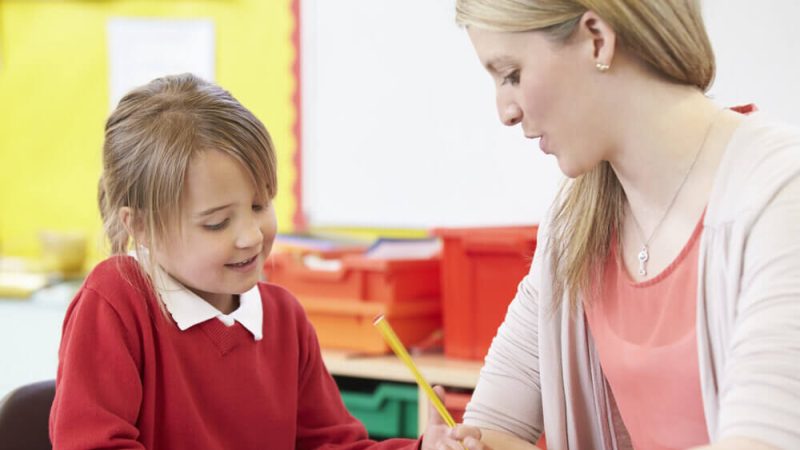How to Make your Primary Curriculum Relevant

What exactly is a relevant curriculum and what does it look like in the classroom?

- by Sue Cowley

“I don’t see the point in learning this – when will it ever be useful to me?” It’s a question most teachers have been asked at some point by a disgruntled child.
Of course, education is not just about learning things that have practical relevance in our day to day lives. It’s about giving children access to skills and knowledge, to the wonders of our world, to stories from history. It is not simply about teaching them how to succeed as adults.
But at the same time, it is not an entirely silly question, and it’s one that teachers should be ready to answer. Because if we can’t make the case for the value and relevance of the curriculum and of the subjects that we teach, then who will?
In 2015, YouTuber Boyinaband hit the headlines with his video ‘Don’t Stay in School’, which has had over 21 million views to date.
The song poses some interesting questions – why don’t children learn first aid, how to deal with finances or many other practical aspects of life, in school?
Should education feel ‘relevant’ to our children, should it be at least partly a preparation for adulthood, or should it be about passing on the best that has been thought and said?
Should we try to help children understand how what they learn in school will help them in their future lives, or should we expect them to learn what they’re told to in order to get good grades, regardless of whether the learning means anything to them or not?
The word ‘relevance’ gets a lot of stick – it is often perceived as a dumbing down of curriculum expectations, in order to appeal to learners.
The concept gets turned into a caricature, where children do nothing but play Pokemon Go or write with emojis for weeks on end.
But the point about relevance is that we can make anything feel relevant – that is the skill of teachers. Just because a piece of learning is abstract or obscure, or is something we won’t use much as adults, that doesn’t mean it is irrelevant.
Handwriting is a useful case in point – I rarely handwrite anything anymore, but I’d never argue that we don’t need to teach it in schools. Having said this, I’d love us all to teach touch typing, which is a fantastically useful skill.
Not all learning can be fun, and it is often hard work, but as teachers we need to find creative ways to present it. That way, even if the relevance is not obvious at first, eventually we can make it clear to our children.
Take Shakespeare. At first glance, his plays hardly seem relevant to 21st-century learners, and yet there are many ways to show your children how eternal his writing is.
There is endless power and beauty in the poetic language that he used. The words that he coined (apparently we owe more than 1,700 words to him) enrich the English language immeasurably.
There are references to Shakespearean plays in popular culture – from 2Pac chanting ‘Something wicked this way come’ to Dire Straits singing about Romeo and Juliet.
But relevance is about more than just finding links to contemporary culture. It is also about bringing things up to date, by giving them a modern context.
I once started a unit on Romeo and Juliet by showing my class a crime scene, with the dagger, the poison, the dead bodies, and so on. By presenting the information to them CSI style, they were immediately hooked into the narrative.
Relevance doesn’t just have to be about the curriculum; it can be about classroom management as well.
Years ago, I had a problem with children sneaking their Tamagotchis into class. My lessons were punctuated by the sound of beeps as the children surreptitiously tried to keep their virtual pets alive.
Confiscation seemed like the only answer, but this was causing endless anguish. In the end I set up a Tamagotchi ‘creche’ and the reward of running it went to the best-behaved children.
When fidget spinners became last year’s biggest headache for teachers, I didn’t think about how many we’d need to confiscate. Instead, I thought about how we could make them relevant. From timing maths work to exploring the physics of friction – if we think creatively about the latest crazes, we reclaim relevance for ourselves.
Sue Cowley is an author and teacher trainer. Her latest books, Road School and The Artful Educator, are published by Crown House. Follow her on Twitter at @sue_cowley.







